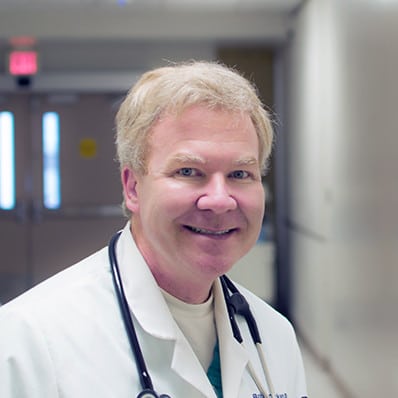Emergency Excellence: Dr. Robert Corkern’s Advanced Approaches to Critical Medical Care
Emergency Excellence: Dr. Robert Corkern’s Advanced Approaches to Critical Medical Care
Blog Article

When it comes to healthcare, lots of people frequently confuse emergency medication with central medicine. Equally are vital branches of medication, however they offer completely different functions in patient care. Dr Robert Corkern Mississippi, a distinguished medical specialist, explains the important thing differences between those two specialties, shedding mild on their own focuses and how each plays a role in individual health. Understanding the distinction between disaster medicine and inner medicine might help individuals better understand their healthcare wants and produce informed decisions.
The Emphasis of Crisis Medicine
Disaster medication is made to offer quick, intense care for patients experiencing urgent or lethal conditions. Crisis physicians perform in hospitals' crisis departments (EDs), wherever they are the first point of contact for individuals experiencing serious injuries, strokes, center problems, and other medical emergencies. Dr. Corkern highlights that crisis medicine is all about stabilization and rapid decision-making. Emergency physicians are experienced to take care of a wide selection of medical problems, usually without having reveal medical history of the in-patient, and must make quick judgments centered on limited information.
The primary purpose of disaster medication is to avoid more damage, strengthen the in-patient, and begin the correct interventions. From injury attention to handling center problems or shots, emergency physicians are professionals in managing intense symptoms and providing life-saving solutions in high-pressure environments.
The Position of Internal Medicine
In contrast, internal medicine centers around diagnosing and managing chronic diseases and conditions that influence adults, such as diabetes, hypertension, and center disease. Central medication specialists, or internists, work with individuals around a lengthy period, giving comprehensive treatment and elimination strategies. Dr. Corkern explains that inner medicine is generally worried about the whole-body management of non-emergency medical issues. Internists frequently function as principal attention medical practioners, managing schedule check-ups, handling continuing solutions, and managing look after individuals with complicated, long-term health issues.
While emergency physicians handle immediate problems, internists have a more holistic and long-term way of individual health. They frequently work directly with specialists in areas like cardiology, pulmonology, and nephrology to control persistent conditions and make sure that patients get matched care for numerous health concerns.
Training and Approach to Treatment
Dr. Corkern highlights the differences in the training required for both fields. Crisis medication needs physicians to be prepared for a wide spectral range of situations that could need rapid, life-saving interventions. Emergency doctors are qualified to control trauma, important illness, and intense exacerbations of persistent conditions. That teaching involves much give attention to acute attention and sophisticated life-saving procedures, usually in high-stress environments.
On one other hand, internal medication physicians undergo extensive instruction in the avoidance, analysis, and treatment of persistent conditions. They concentrate on providing long-term treatment, frequently handling a patient's medical history and managing with different specialists. The internist's method is patient-centered, with a focus on long-term wellness maintenance and disease prevention.
When to Seek Emergency Medication or Central Medicine
Understanding when to seek disaster medicine versus internal medicine can make all the big difference in the rate and form of care someone receives. If you're encountering a medical crisis, such as for example severe chest suffering, trouble breathing, or quick loss in mind, the emergency room is the proper place to go. However, for continuous health concerns, serious infection administration, or general health preservation, an inside medicine specialist is typically the very best level of contact.
Conclusion:
Both emergency medication and inner medication enjoy critical roles in patient care, but their strategies, target places, and instruction differ significantly. Dr Robert Corkern's description offers understanding on what these specialties function and when each is many relevant. By knowledge the distinctions, people may better understand their healthcare wants and assure they are seeking the right type of treatment at the best time. Whether experiencing a crisis or controlling a serious issue, equally specialists are integral in maintaining and improving health.
Report this page